Category: Virtual Reality
-

Anxiety reducing VR game
Deep VR teaches breathing techniques meant to reduce the anxiety of users during a game. Its developers believe that the skills learned can also help manage stress during daily life. It is the basis of a Radboud University study, in the lab of Isabela Granic, that aims to alleviate anxiety in children. 100 children have…
-

“Mixed Reality” headset could support surgery, rehab, learning
Magic Leap has unveiled its “mixed reality” headset, where virtual objects are integrated into the real world. In addition to obvious gaming and entertainment applications, the system could be used in healthcare (including in surgery, surgery preparation, and orthopedic rehabilitation) and education. The company remains vague in its description of its technology, but head and…
-
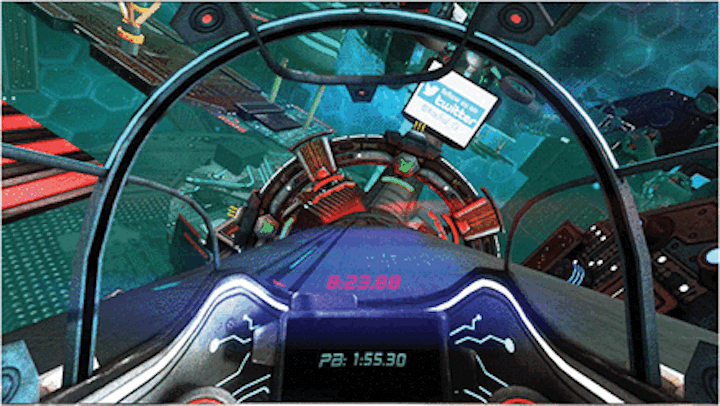
VR + sound to control pain
In a recent study, York St. John University researchers have demonstrated the use of virtual reality headsets to control pain. Discomfort was further reduced when sound was incorporated into the process. In the experiment, a small group of adults submerged one hand in ice water while playing an Oculus VR based game, with and with…
-
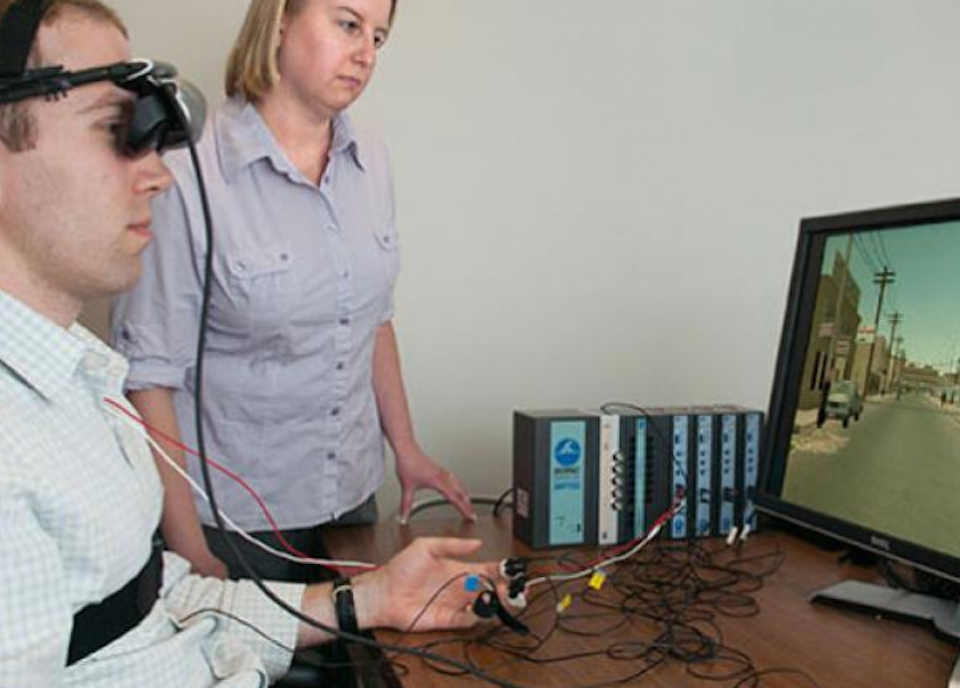
VR + sensors improve accuracy, speed of PTSD diagnosis
PTSD is often misdiagnosed. Symptoms can be confused with those of depression. Many clinicians lack the expertise needed to distinguish the condition, and therefore might not provide appropriate treatment. To address this widespread dilemma, Draper has developed a diagnostic system that combines virtual reality data with psychophysiological sensors. The sensors monitor heart rate, sweat, and…
-

Virtual clinic uses apps, VR, data, wearables in remote care
USC’s Center for Body Computing, led by Professor Leslie Saxon, has created the Virtual Care Clinic, featuring vetted, best of class partners providing integrated remote healthcare solutions. The eight initial partners are Doctor Evidence, IMS Health, Karten Design, Medable, Planet Grande, Proteus Digital Health and VSP Global. Mobile apps, virtual doctors, data collection and analysis systems,…
-

AR + Kinect games assist the hearing, visually impaired
Reflex Arc‘s augmented reality games work with Microsoft Kinect to help children learn sign language and assist the visually impaired with exercise. Boris gestures sign language, and The Nepalese Necklace helps those with no limited sight with mobility training. The games encourage exercise and are designed to help blind children learn about spatial awareness, balance, coordination, and orientation.…
-
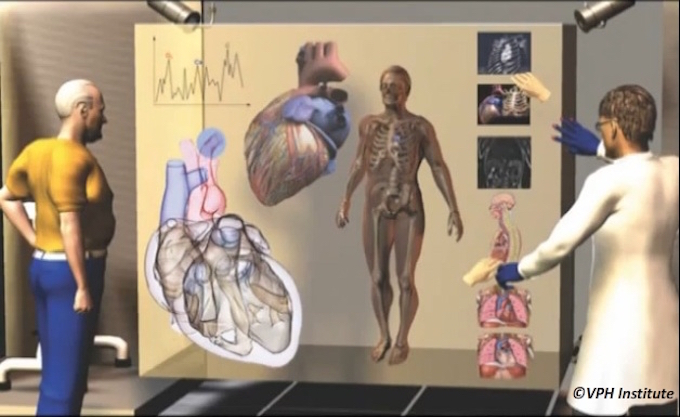
Personalized medicine via “medical avatars”
The European Commission’s DISCIPULUS project, led by UCL researcher Vanessa Diaz, aims to build a roadmap towards the “digital patient”. The dynamic, virtual version of an individual, which Diaz describes as a “medical avatar” could run simulations of treatments to find the best course of action. If a symptomatic patient arrives at hospital, a virtual “twin”…
-
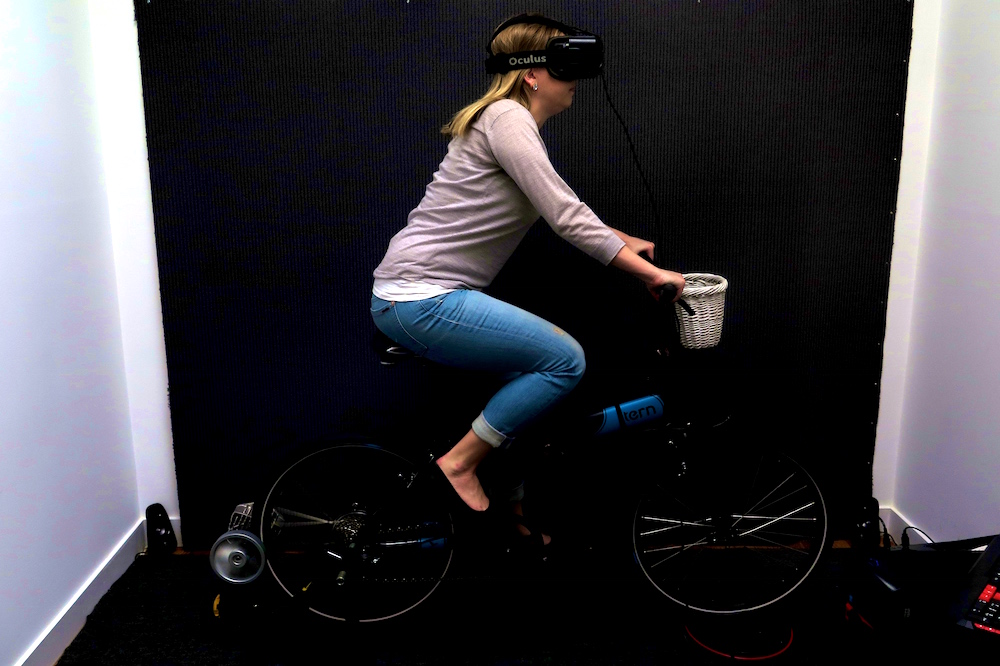
VR headset + bike sensors gamify fitness
Virzoom is a virtual reality exercise system meant to decrease distractions, and increase focus and fun while riding a stationary bike. Sensors attach to several parts of the bicycle. For example, one on the rear wheel measures speed, and one on the front wheel responds to direction. After connecting via USB to a computer, VR…
-
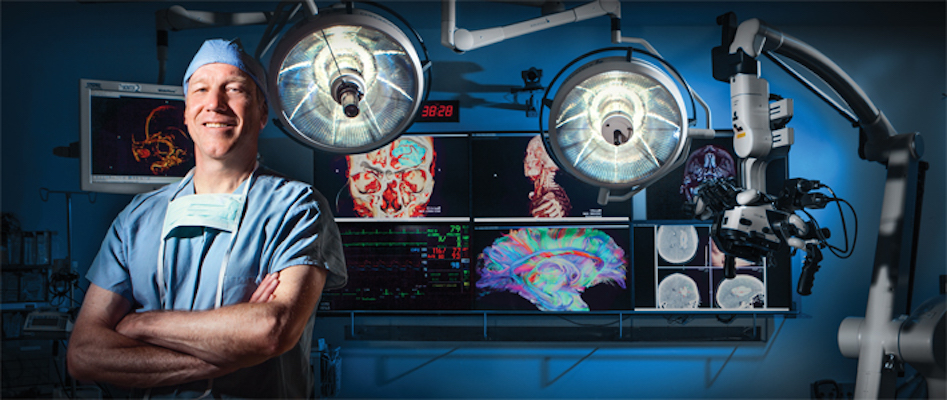
Virtual Reality in neurosurgery planning
UCLA Neurosurgery, led by Neil Martin, is using VR in surgery planning, integrating the Oculus Rift with Surgical Theater’s 3D “SNAP” surgery navigation device. (See ApplySci’s April, 2014 description of Surgical Theater’s technology.) The hope is to be able improve precision and outcomes, and decrease surgical time. The VR scene is based on patient CT and MRI scans,…